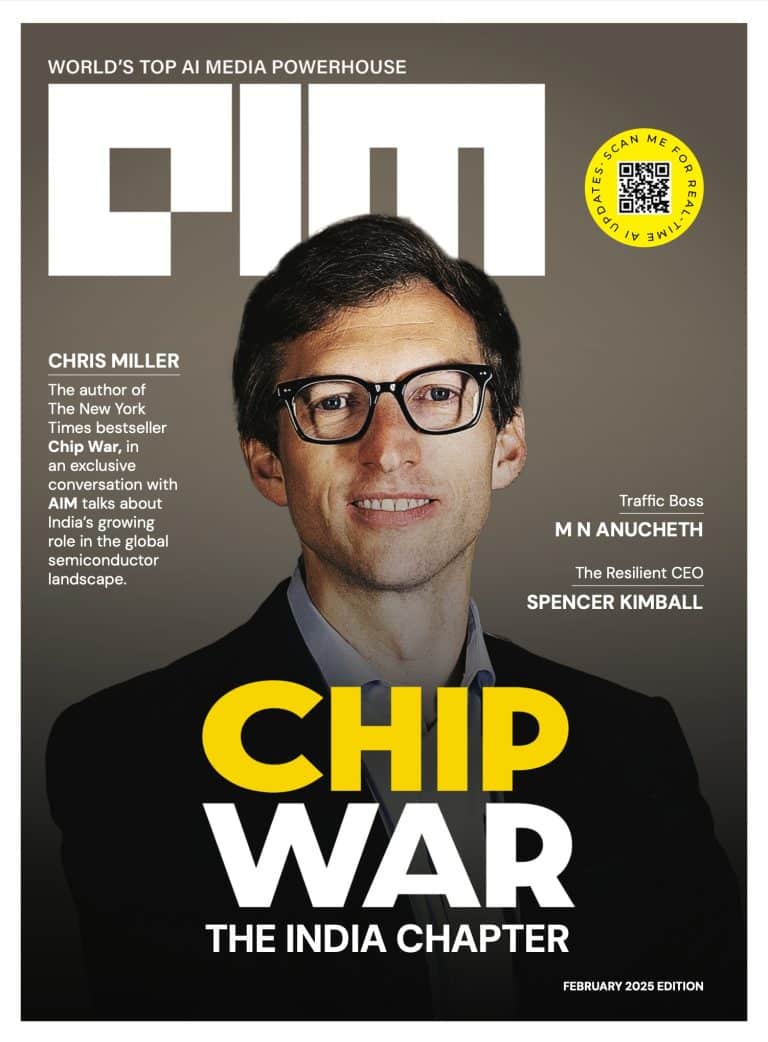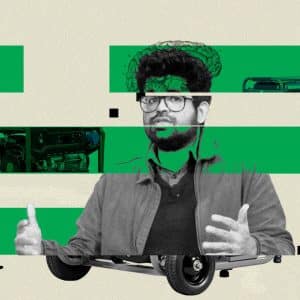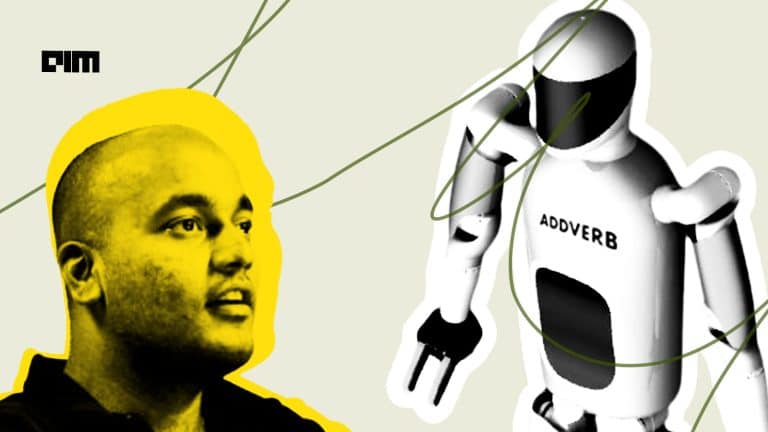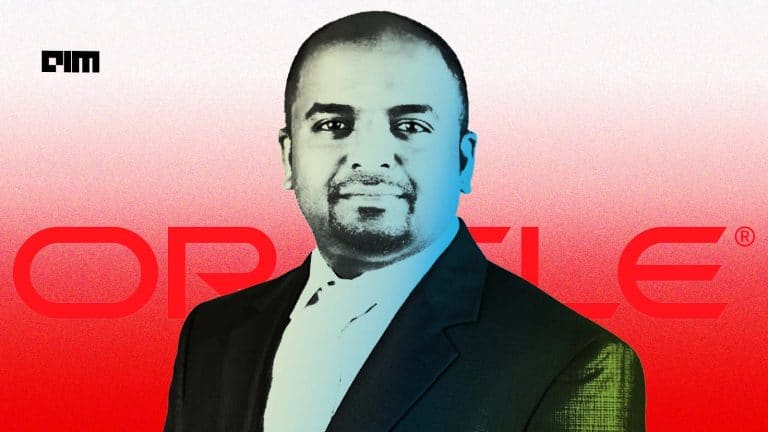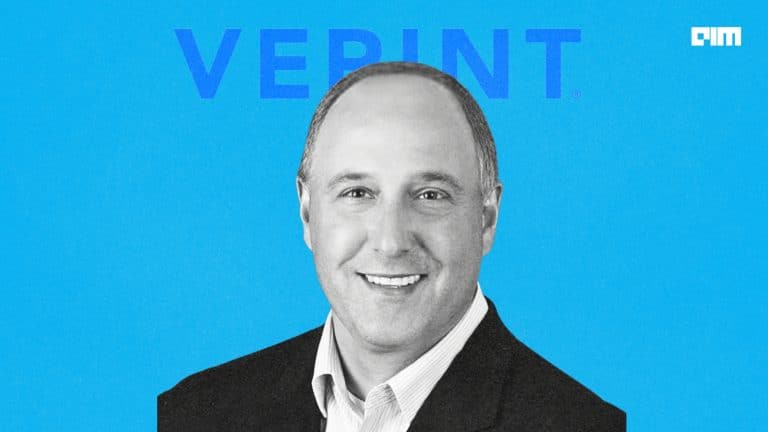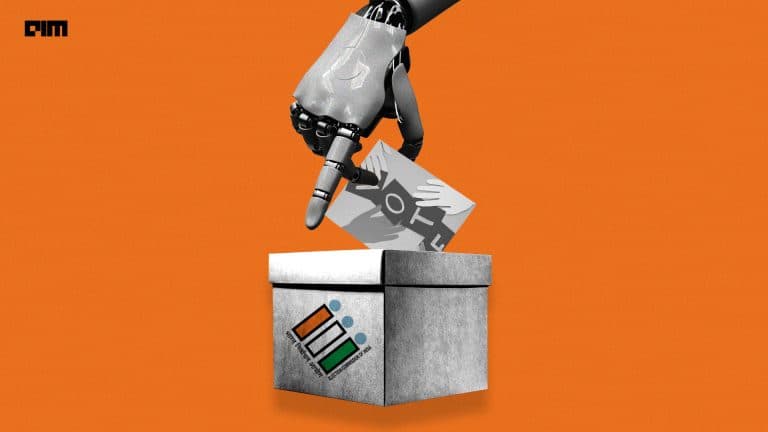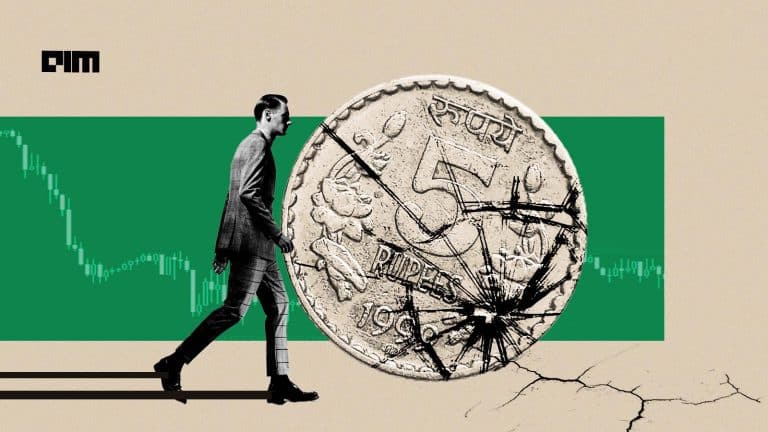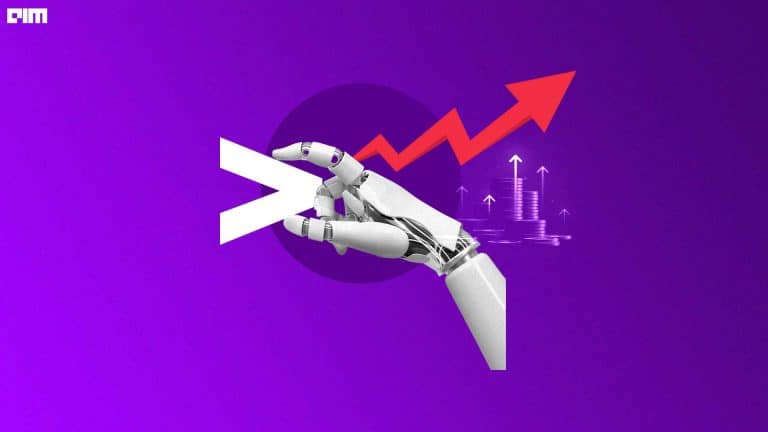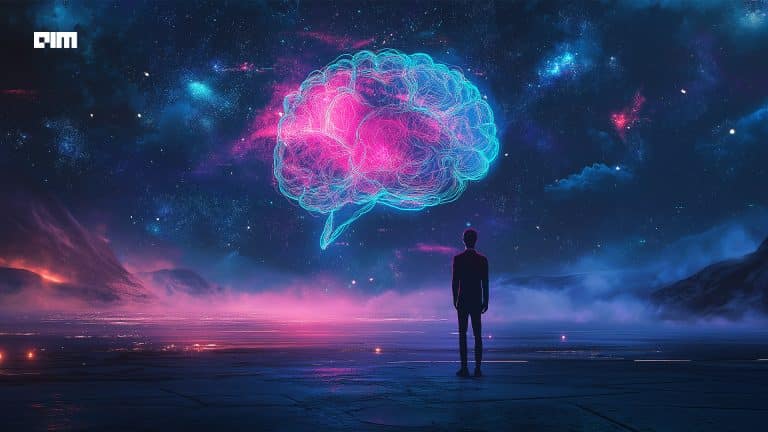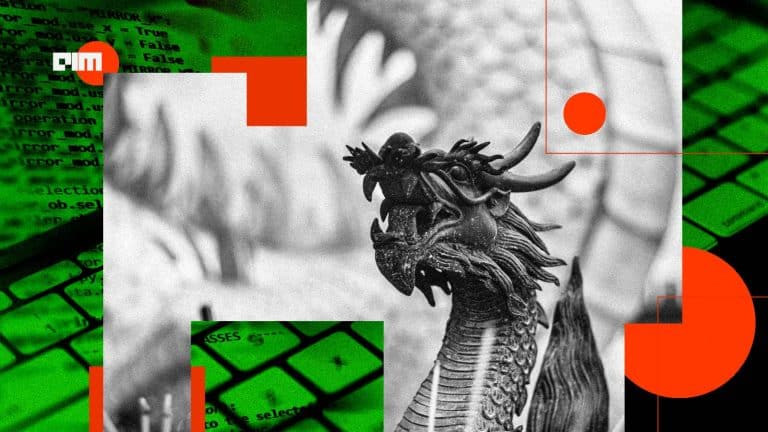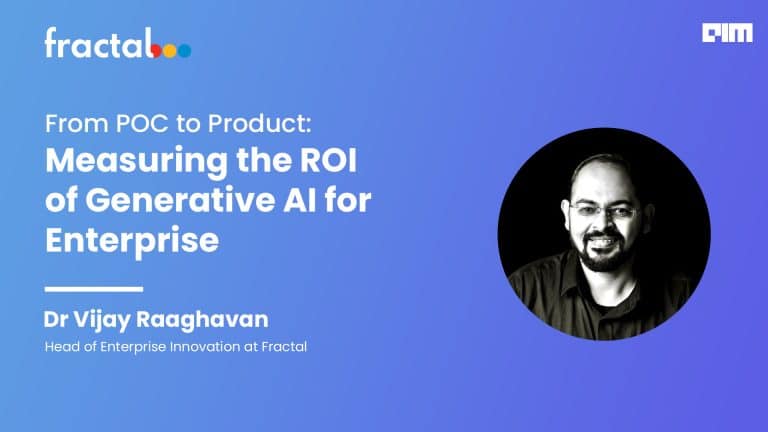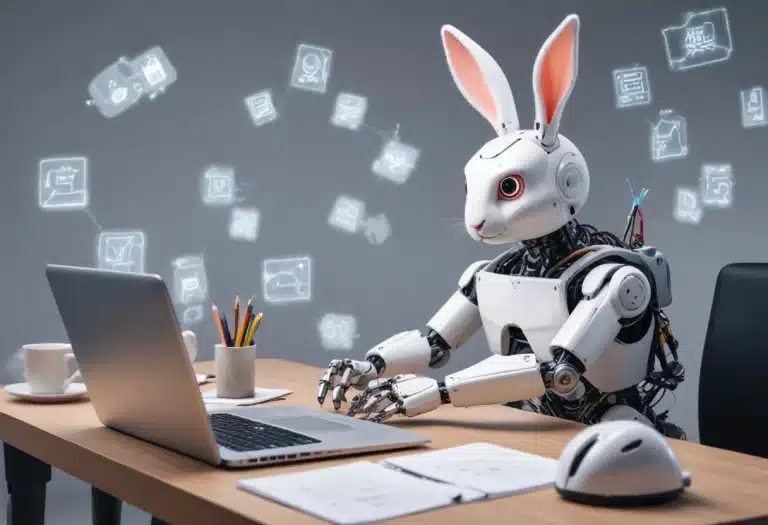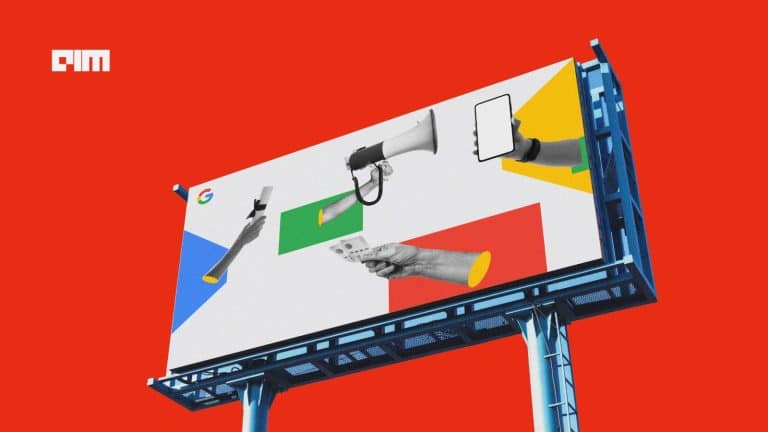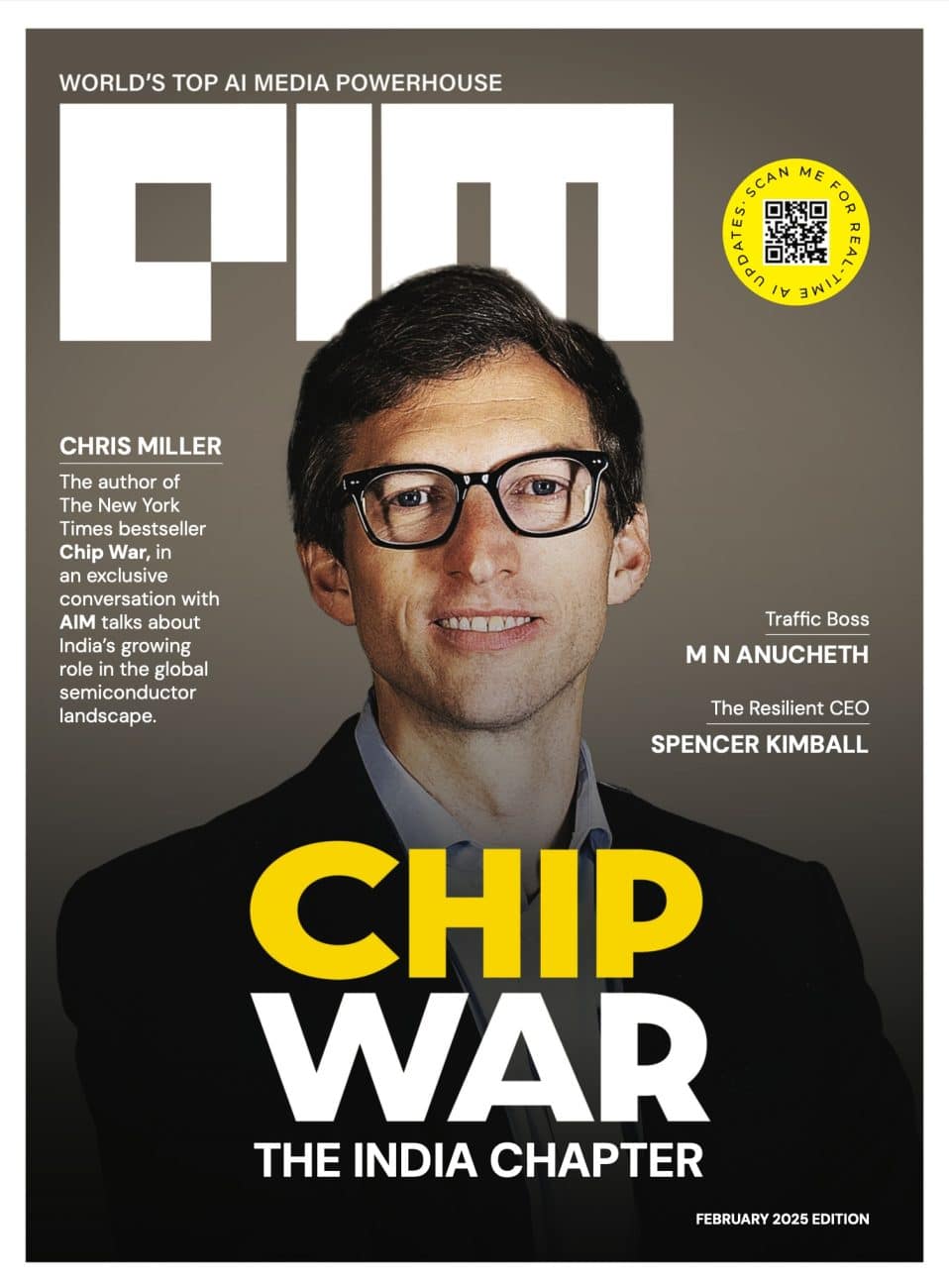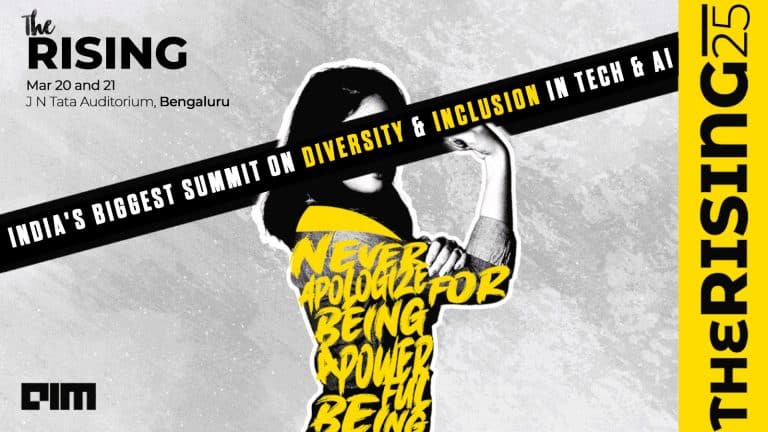OpenAI CEO Sam Altman revealed in an interview with British media outlet Sky News on Tuesday that the company would like to work with China. Altman made the comment when he was asked if he was worried about the country’s progress.
However, responding to a question about whether the US would let him do that, Altman said, “I know that for sure, no. Should we try as hard as we can? Absolutely, yes.”
Altman’s statement follows the shockwave created by DeepSeek in the AI ecosystem, which has sparked concerns among several industry leaders who fear China’s rise.
Recently, Dario Amodei, CEO of Anthropic, said, “If we can close [export control loopholes] fast enough, we may be able to prevent China from getting millions of chips, increasing the likelihood of a unipolar world with the US ahead.”
Similarly, in an interview with CNBC at the Davos World Economic Forum 2025, Microsoft CEO Satya Nadella said, “We should take the development of China very seriously.”
Venture capitalist Vinod Khosla echoed the industry’s strongest fear. In a blog post, he earlier said, “We may have to worry about sentient AI destroying humanity, but the risk of an asteroid hitting the Earth or a pandemic also exists. But the risk of China destroying our system is significantly larger, in my opinion.”
Altman’s take on China seems refreshing, to say the least.
In a podcast with The Times on Monday, while speaking about China’s DeepSeek, Altman said, “They did some nice work. I think there’s also some nice pieces of product work like showing the chain of thought.” He went on to praise the research behind DeepSeek’s model, although he feels “it isn’t a big update” to the ecosystem.
OpenAI reportedly has evidence that DeepSeek trained on its models and is investigating this with Microsoft. However, Altman recently revealed that the company does not plan to sue DeepSeek right now.
Altman is Still a Fan of Open Source
In the same interview with Sky News, Altman added, “I think we should probably open source somewhat more.”
In a Reddit ‘ask-me-anything’ (AMA) session, he said, “I personally think we have been on the wrong side of history here and need to figure out a different open-source strategy.”
This comes at a time when industry leaders are rooting for the development of more open-source models, owing to DeepSeek’s recent success.
Meanwhile, Chamath Palihapitiya, a venture capitalist, said in an interview, “I think in the war of open versus closed, open has won.”
Palihapitiya believes OpenAI is now considering to open source what they’re doing in some way.
That said, OpenAI has released multiple open-source models and tools in the past. The company’s second iteration of the GPT model was also made available for open-source use.




